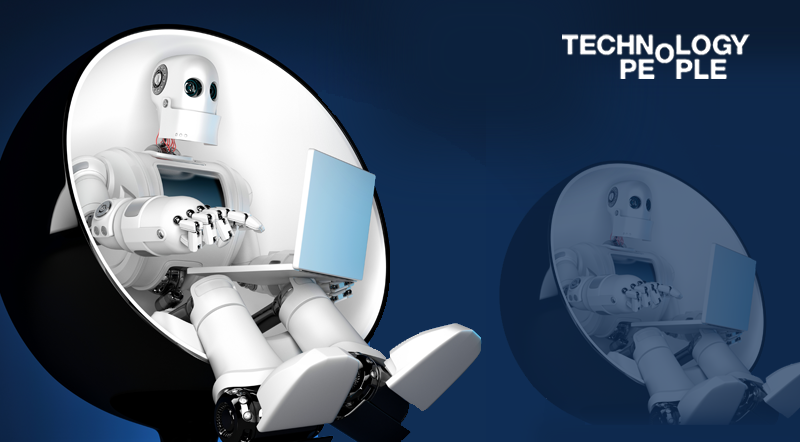Emerging trends for the best jobs of the future see vast changes and big opportunities ahead for the technology sector. Skilled-up candidates will be in demand for exciting and challenging career opportunities in areas like Cyber Security, IoT and Ai.
So, what’s in store for 2018, 2019 and beyond?
Cyber Security – the new battlefront
According to recent annual surveys by Telstra, almost 60 per cent of businesses experienced at least one disruptive security breach per month in 2016, compared to just 23.7 per cent the previous year.
From a national security perspective, the attacks themselves (on government departments, corporations and businesses) are reason enough for concern. Couple this with the mass exodus of IT expertise from Australia in search of greener pastures abroad, and it’s no wonder there’s talk of anxiety in the media.
But, for the emerging job market in Australia, the news gets better:
Traditionally the bane of governments, defense departments, security agencies and large multi-nationals, cyber-attacks are trending downwards to the SME sector. Shifts away from cash transactions and paperwork to cloud-based accounting and data management leave them open to unprecedented breaches online.
With over 2 million SMEs in Australia, the opportunities for IT security candidates and graduates are abundant, to say the least. The skills shortage is widespread, with advertised positions ranging from entry-level security analysts, who typically earn around $75,000, to software engineers and IT managers on six-figure salaries. These in-demand professionals will see massive opportunities in the coming years.
IoT and AI
The Internet of Things (IoT) will be the next global paradigm shift. It’s projected to be even bigger than the Industrial Revolution, more revolutionary than the Internet and forecast to affect or disrupt almost every industry sector, everywhere. That’s a big call. Some sectors and organisations are better placed to benefit from, and accommodate, the changes it will bring. Telcos are particularly well-suited to adapt and profit from this generational shift as they are already processing staggering volumes of data and the performance of their networks will be the lynchpin of the IoT.
As we move quickly towards a world where corporations having buildings, machinery and assets connected to the web, guaranteeing the security and capacity of these data networks will be in the hands of Telcos to push the revolution forward. As such, Telcos are set to be big beneficiaries of IoT and some of the biggest employers of future data experts.
AI
As for Artificial Intelligence (AI), given the river of money and resources IBM (Watson) Google (Home) and Amazon (Echo) are committing to the effort, the hype would appear to be real.
In Australia, banks have millions of customers they need to engage, retain and nurture, giving them the desire and wherewithal to bring the very latest technology to bear in order to succeed.
Take UBanks’ recent launch of ‘Robochat’. This is an automated virtual assistant designed to not only answer questions posed by prospective home loan applicants, but programmed to actually ‘read’ and respond to customers based on their mood. They’ve even humanised him by throwing some humour in the mix, with tongue-in-cheek responses like:
Q: How much does a hipster weigh?
A: An Instagram.
Ha!
With innovations like Robochat leading the way, the banking sector is just one industry where AI is presenting massive opportunities for those willing to chase them.
Those believing that AI is going to do us all out of a job can take comfort from the latest delay in the launch of NDIS’ virtual assistant, “Nadia”. Aiming to help people navigate the National Disability Insurance Scheme (NDIS) the government has stalled on the project. It was reported by the ABC that “Nadia’s 12-month “traineeship” never started…they fear the census and Centrelink ‘robo-debt’ debacles took their toll on government-wide appetite for risk”. Source. So, the likes of Nadia (even with the voice of Oscar winner Cate Blanchett behind her) won’t be taking our jobs in the immediate future!
Just as the mass production of the motor car saw a decline in the demand for horse shoes, mainstream media may lament the rise of technology with predictions of crippling job losses due to robotics and automation. But, as technology has done ever since Ford first started manufacturing the Model T in 1908, the technology jobs market will always be an exciting one of growth, change and progression.
